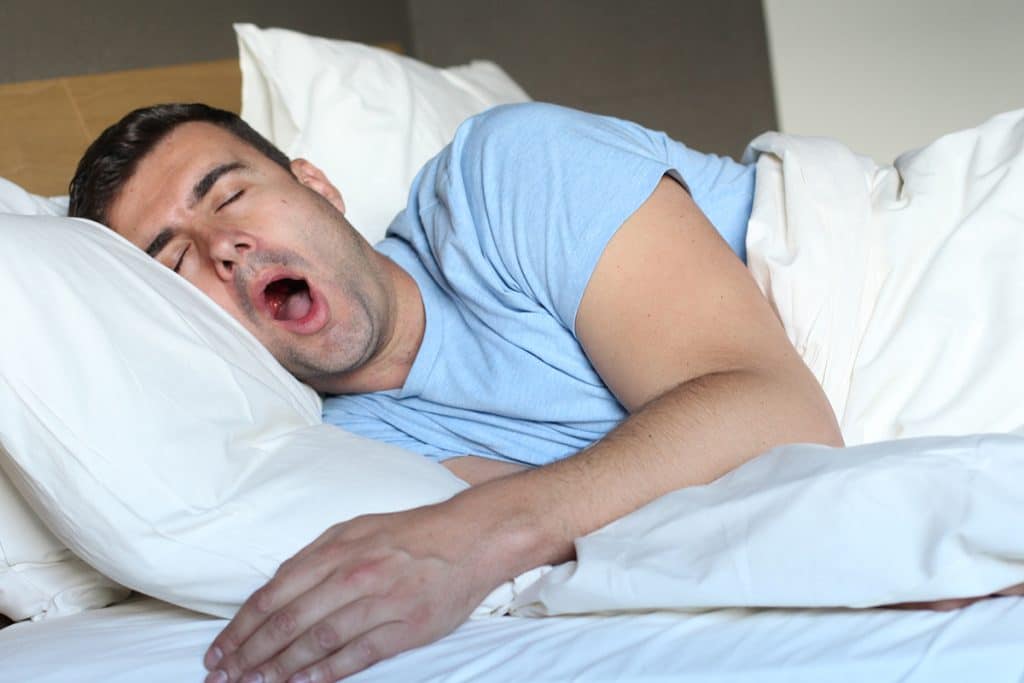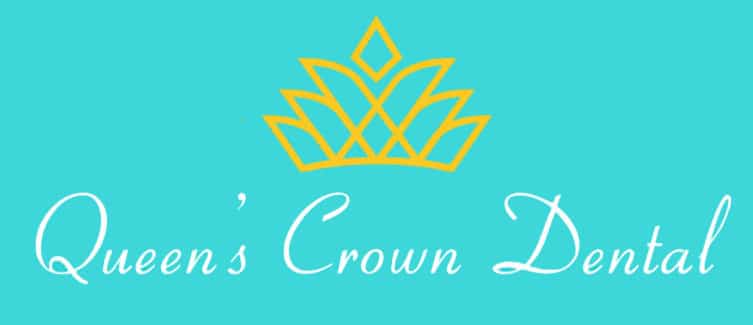How Can I Tell If I Have Sleep Apnea?

Sleep apnea is a condition causing breathing problems while you sleep. It can interfere with your natural sleep cycles and prevent you from getting quality, restful sleep. Many people are unaware that they have sleep apnea because they are asleep when the most obvious of the symptoms occur.
How do you know if you have sleep apnea? Look for the following signs and symptoms and ask your partner if they’ve noticed any of them as well.
What is Sleep Apnea?
Sleep apnea occurs when your airway becomes blocked while you’re sleeping enough that you stop breathing for seconds at a time. The soft tissues of your mouth and throat tend to relax and partially collapse when you sleep, especially when you lay on your back. This causes a blockage to your airway that can lead to snoring and sometimes complete interruptions of your breathing.
As your brain registers the lack of oxygen, you wake up enough to change positions and resume breathing. You are often completely unaware that you have woken up. But these frequent interruptions to your natural sleep cycles prevents you from getting quality sleep.
Common Signs and Symptoms of Sleep Apnea
Sleep apnea is characterized by the following symptoms:
- Snoring. Many people snore when they sleep. But loud, frequent snoring is a sign of potential sleep apnea. Snoring indicates a partial blockage of your airway that is likely to become a complete blockage.
- Pauses in breathing while sleeping. If you share a bed or a room with someone, that person may notice that you stop breathing for a few seconds and then resume breathing.
- Teeth grinding. Many people with sleep apnea also grind their teeth at night.
- Headaches. It is common to wake up with a headache after a night of poor quality sleep due to sleep apnea. Headaches are also a side effect of teeth grinding.
- Waking up gasping for air. You may be deprived of oxygen long enough that you wake up gasping for air.
- Feeling tired frequently. If you feel tired a lot of the time, despite going to bed at a reasonable time and thinking that you slept through the night, it may be that you’re actually waking up more often than you’re aware of due to sleep apnea.
- Falling asleep easily during the day. Lack of quality sleep can mean you doze off easily just sitting on the couch, at your desk at work, or sometimes at dangerous times such as behind the wheel.
- Lack of energy. Poor quality sleep due to sleep apnea can leave you feeling unenergized and lacking stamina to get through the day.
- Sleepwalking. Many people who suffer from sleep apnea are also prone to sleepwalking and other parasomnia activities.
Treatment for Sleep Apnea
Sleep apnea can be treated in different ways. Common sleep apnea treatments include:
- Oral appliance. A custom oral appliance can be made for you to wear at night. It repositions the jaw to keep the airway open while you sleep.
- CPAP machine. A CPAP (continuous positive airway pressure) device includes a mask you wear over your face that is attached to a machine that blows a constant flow of air into your airway to keep it open while you sleep.
Many patients find that an oral appliance is sufficient to stop snoring and improve their breathing at night. Other patients with severe sleep apnea may need a CPAP machine. A sleep study performed by a sleep specialist may offer more information about your individual sleep issues.
What Should I Do if I Think I Have Sleep Apnea?
If you have any of the signs or symptoms of sleep apnea, contact Queens Crown Dental. We can diagnose sleep apnea and provide you with a custom oral appliance to wear at night to keep your airway open and help you get better quality sleep. Many satisfied patients have found relief from snoring and feel more rested and energized throughout the day.
Call 808-526-2800 or contact us today to learn more and schedule an appointment.

